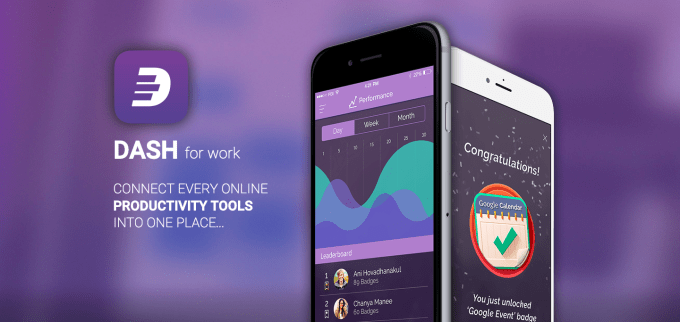Playbasis, a company that offers gamification solutions for business and enterprises, has closed a $1.85 million Series A round as it bids to broaden its services and develop new technology such as virtual reality for companies.
The Bangkok-based startup previously raised $770,000 in February 2014, and this time around its fresh capital comes from lead investor InTouch with participation from existing backers Cherubic Ventures and 500 Startups — the latter via its 500 Durians fund for Southeast Asia rather than the newer, Thailand-focused 500 Tuktuks vehicle. The round values the three-year-old company at just shy of $10 million.
Beyond Gamification
Playbasis started out with a full focus on gamification — which is best epitomized by Waze, Foursquare and other consumer apps that use leaderboards, badges and competitions to drive engagement — in the enterprise space. However, customer feedback and the nascent nature of the space, saw it expand its reach into other areas.
“Gamification was where we started, but we added other pillars,” Playbasis founder and CEO Rob Zepeda told TechCrunch in an interview. The other focus is a series of APIs and modules developed to give app developers, game publishers and anyone creating apps the opportunity to incentivize users via rewards, and more.
In the case of enterprises, Zepeda said that Playbasis is developing dedicated software and services to help motivate and engage staff and end customers — which is often still outsourced to advertising and marketing agencies in Asia — while he is keen to push the envelope on new technology like virtual reality.
For example, rather than holding annual or bi-annual fire drills, companies could use virtual reality to create a more realistic scenario that doesn’t disrupt an entire building in the process, he explained.
“The gamification trend that stormed the scene in 2010/11 was from Gen-X’ers,” he said. “If you want to reach Gen-Y or others, you’ve got to start mobile and 3D — these guys never played Pong or Pac-Man.”
For now though, Zepeda said that Playbasis’s development is led in a large part by feedback from existing and prospective customers. That ensures not only that solutions have a market fit, but it essentially allows their development to be funded by a third-party.
Scorecard For Working Life
One such development is a new service called Dash, which Zepeda said takes in a range of data — from Dropbox, to Google, Trello, Asana, and even corporate-issued fitness devices — to enable employees track their best moments at work and overall progress.
“If the pitch is your life, then Dash is the scorecard,” he explained. “We think it could be really cool when people have really epic days. Dash lets them capture that day, and help them to understand what happened so they can recreate it in the future.”

Right now, more than half of Playbasis’ clients are based in Asia, although Zepeda said that Europe was second highest. That’s something that he chalked up to the prevalence of gamification academics and thought-leaders in the region. The U.S. is the startup’s largest single market for business, though, accounting for around 10 percent.
IPO Plans And ‘Siri For Business’
As for the future, Playbasis is looking to exit via an IPO in the coming five to six years, according to Zepeda. He isn’t sure whether that might be Thailand, Singapore or Hong Kong at this point, however.
That said, the Playbasis CEO isn’t rule out possible acquisitions entirely, but he said that he and his investors would look for “a company who has stock with significant value.”
“But [our investors] would love for us to go public, and we would too,” he added.
On the product side of things, Zepeda — who is American and previously worked in the gaming industry — said he believes that there will be an opportunity to be built a Siri or Google Now type service for the workplace. A service that, beyond managing your schedule, could use big data to motivate staff, track their progress and generally keep them productive.
“It would a playmate to motivate and push you within your company or enterprise,” he summarized.
